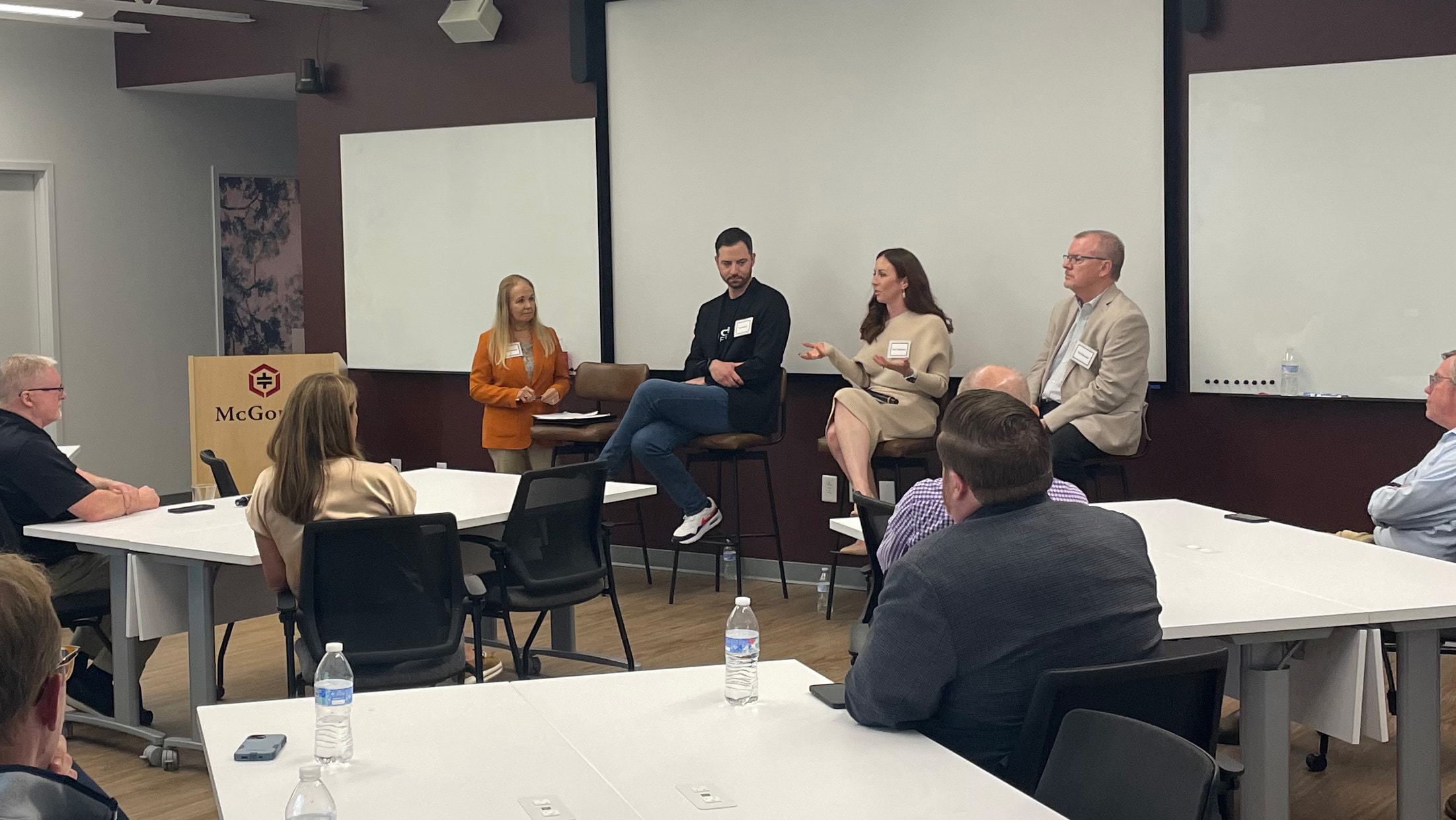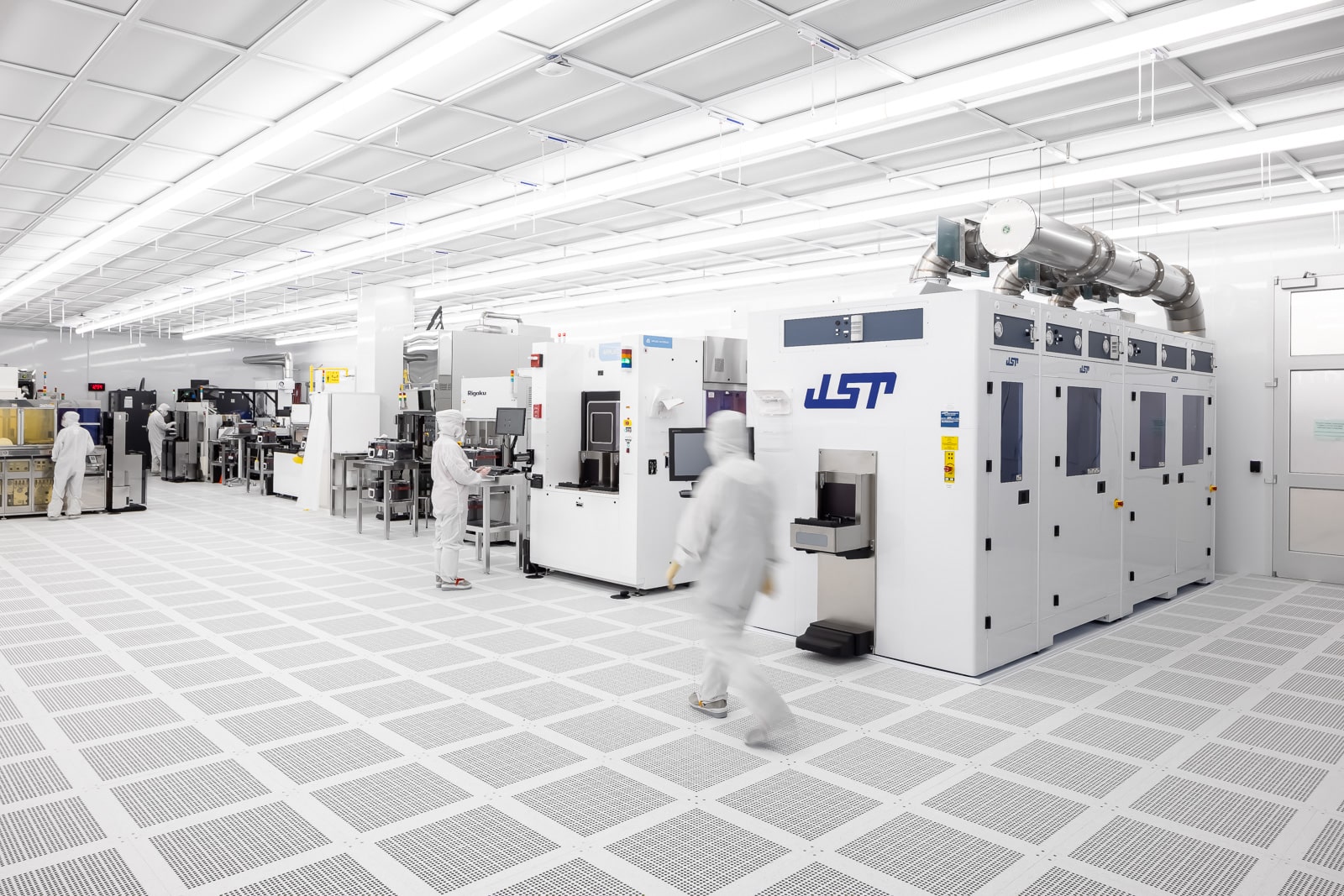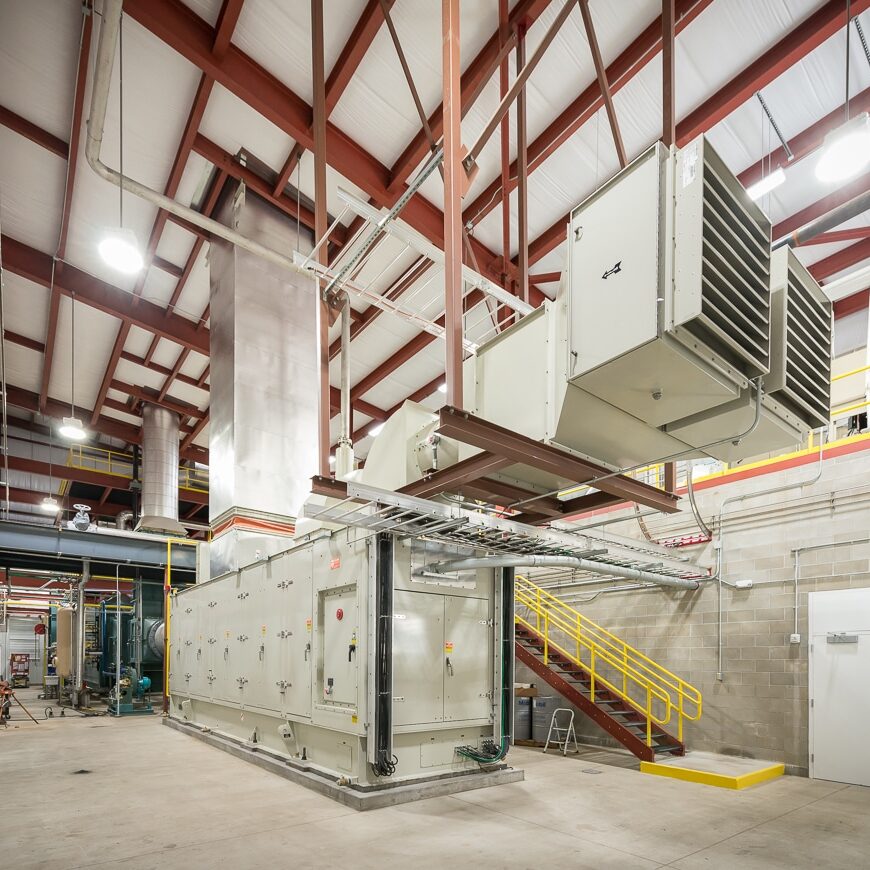
In a recent panel on innovation in commercial real estate, hosted by McGough in its Raleigh office, industry leaders shared their insights on how advanced technologies and sustainable practices are shaping the future of the sector. The participants—Billie Redmond from Trademark Properties, Amy Thompson from McGough, Chris Callura from Chang Robotics, and Tim Winstead from HDR—offered valuable perspectives on integrating cutting-edge technologies, reusing assets, and navigating the challenges of real estate development.
Reimagining Asset Reuse and Sustainability
One of the panel’s main discussions revolved around the challenges and benefits of asset reuse in the construction industry. Amy Thompson highlighted that while sustainability is an admirable goal, reusing materials or structures often presents significant hurdles. Whether it’s dealing with building codes or the physical limitations of older buildings, costs can quickly become prohibitive. Moreover, there’s a lack of standardized guidelines for material reuse, complicating the process further for both designers and contractors.
Despite these challenges, the panel discussed several compelling examples of asset reuse:
- Recapturing and reusing materials that would otherwise strain the environment through disposal.
- Repurposing existing buildings for new functions, although it’s noted that modifying old structures to meet current performance standards (e.g., noise and vibration control) can sometimes be difficult.
Tim Winstead shared a practical example from his experience in manufacturing. His clients in the nutrition and medical device industries frequently renovate and reuse equipment and facilities. This approach not only extends the lifecycle of assets but also minimizes downtime—a critical factor in high-demand industries.
Advanced Technologies: Robotics and Automation
Another major theme was the role of robotics and automation in transforming construction and real estate development. Chris Callura and Amy Thompson both emphasized that technology, when properly integrated, improves efficiency, safety, and overall project delivery.
Key technologies discussed include:
- Cobots (Collaborative Robots): Rather than replacing humans, cobots work alongside them. For instance, robots in healthcare environments assist with logistics and patient interaction. Feedback on these technologies has been highly favorable. Nurses are reacting positively to automation that performs tedious functions, allowing the nurses to focus on patient care
- Demolition robots: In construction, robots are already being used for high-risk tasks like demolition. These machines significantly reduce safety hazards and perform work more efficiently than human crews.
Amy Thompson also noted the growing use of tracking technology on construction sites, which helps monitor workers, equipment, and vehicles. These technologies not only enhance safety—by preventing accidents and tracking potential health emergencies—but also allow companies to optimize operations. For example, tracking data from fleet vehicles ensures safe driving practices and prevents unauthorized use.
Overcoming Barriers to Technology Adoption
While technology holds incredible promise, the panel acknowledged that adoption isn’t without its challenges. Amy Thompson pointed out the privacy concerns that arise when workers are tracked using monitoring devices. Labor unions and individual employees have expressed apprehension about the use of such technologies, worrying that data could be used against them in the future.
Tim Winstead explained that the insurance and lending industries are often slow to catch up with innovations. Many sureties and insurers are hesitant to cover risks associated with new technology or asset reuse, slowing down project timelines or even preventing them from moving forward.
Leveraging Technology to Combat Labor Shortages
The panel also explored how technology can help address labor shortages—a pressing concern in the construction industry. Chris Callura explained that many industries are moving toward automation in areas like warehouse logistics, where robots manage high-throughput tasks with precision and speed. Another benefit of automation in distribution is accurate record-keeping and tracking.
However, while some technologies can relieve human workers of repetitive, mundane tasks, panelists noted that these innovations are unlikely to fully address labor gaps. Instead, they free up human resources for more complex and engaging roles, ultimately contributing to safer and more satisfying work environments.
While panelists acknowledged that there can be some trepidation about new technology, the general sentiment is that the younger generation of employees will adjust. Tim Winstead noted that design professionals will see some tasks automated but will have the opportunity to solve new types of problems. According to Chris Callura, younger employees who have grown up with emerging technologies and immersive experiences will expect them to be integrated into their workplace.
Emerging Technologies on the Horizon
Looking forward, the panelists discussed emerging technologies that have the potential to revolutionize commercial real estate. Voice recognition integrated with AI, for instance, is gaining traction, though panelists like Chris Callura admitted Siri and Alexa are not quite ready for prime time. Mobile cobotics—robots that can freely navigate environments—were also identified as a growing trend that could soon have widespread applications across industries. There’s also growing promise with vision technology, which can be paired with other technology. One food processor deploys X-ray technology along with automation to debone chickens, reducing waste by over 20 percent.
Conclusion: Navigating a Complex Future
The commercial real estate industry stands at the intersection of tradition and innovation. While challenges remain—particularly around cost, risk, and regulatory hurdles—the benefits of embracing technology and sustainability are clear. As leaders like those on McGough’s panel continue to pursue smart innovations, we can expect a future where advanced technologies and sustainable practices play an increasingly critical role in the industry.
Interested in attending future events at McGough’s Southeast Headquarters in Raleigh? Email Dave Rahe to stay in the loop.


